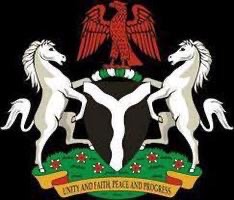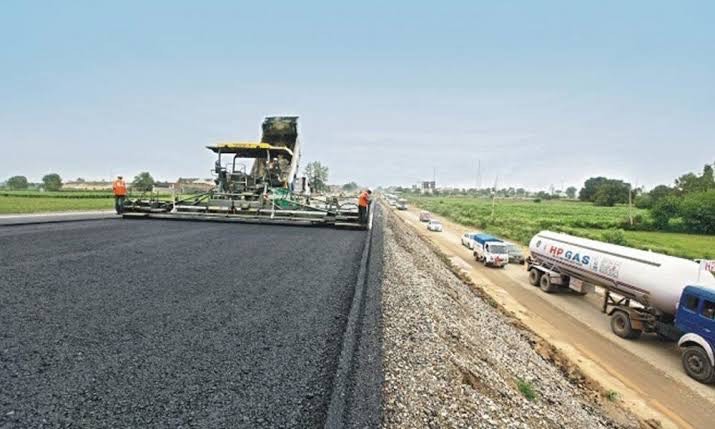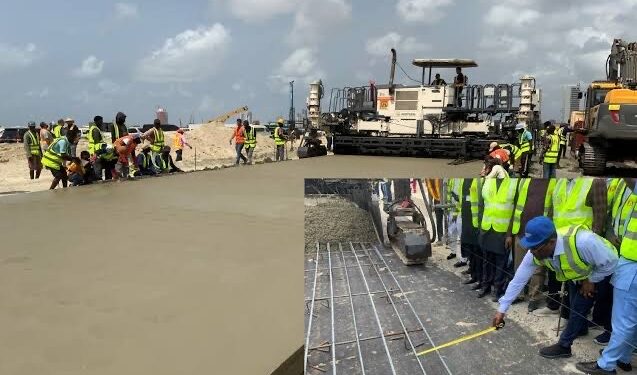By: Nwakaji Peace Martins
The Federal Government has declared that the Environmental and Social Impact Assessment (ESIA) report for the Lagos-Calabar Coastal Road project will be made available to the public within three months. Minister of Works David Umahi has disclosed that President Bola Tinubu will officially inaugurate the project on Sunday, May 26.
During the 3rd stakeholders meeting for the coastal highway project in Lagos, Abass Suleimon, Director at the Federal Ministry of Environment, affirmed that the government had adhered to all requisite environmental regulations and that the ESIA report was prepared. This announcement comes in response to concerns regarding the transparency of the project’s environmental impact.

Suleiman stated, “The environment has been thoroughly researched; there is abundant data on the project. Section 15B of the Freedom of Information Act permits the federal government to withhold information based on environmental testing. Nevertheless, the finalized ESIA will be accessible on our websites within the next two to three months.”
Minister Umahi outlined significant modifications to the project’s route to address stakeholder worries. The most prominent alteration involves reverting to the officially designated alignment between kilometers 16 and 25 of the 47-kilometer highway. This decision was reached following extensive consultations with impacted parties, including telecommunications firms, to prevent the disruption of submarine communication cables crucial for national security and internet connectivity.

“We have three key infrastructures situated in one location: the 2Africa submarine cable, the West African cable systems (WACS), and the Mopo landing site. Disrupting these cables would have serious repercussions, as evidenced by a recent incident that resulted in internet outages in multiple African countries,” Umahi elaborated.
The choice to return to the previous alignment will necessitate the demolition of 750 houses, as opposed to 490 under the new proposal. Umahi described this decision as challenging but essential. “To address the concerns of MTN, 2Africa, and the Okun Ajah community, we are reverting to the old alignment and reconnecting with the new alignment at kilometer 25,” he announced, receiving applause from stakeholders.
Residents of the Okun Ajah community expressed relief and appreciation for the government’s responsive actions, commending the Tinubu administration for safeguarding their ancestral homes and heritage.
The federal government has also disclosed the immediate commencement of construction on sections three and four of the highway, beginning from Calabar and Akwa Ibom, respectively. This is in line with President Tinubu’s directive to ensure equitable development across various regions of the project.


































